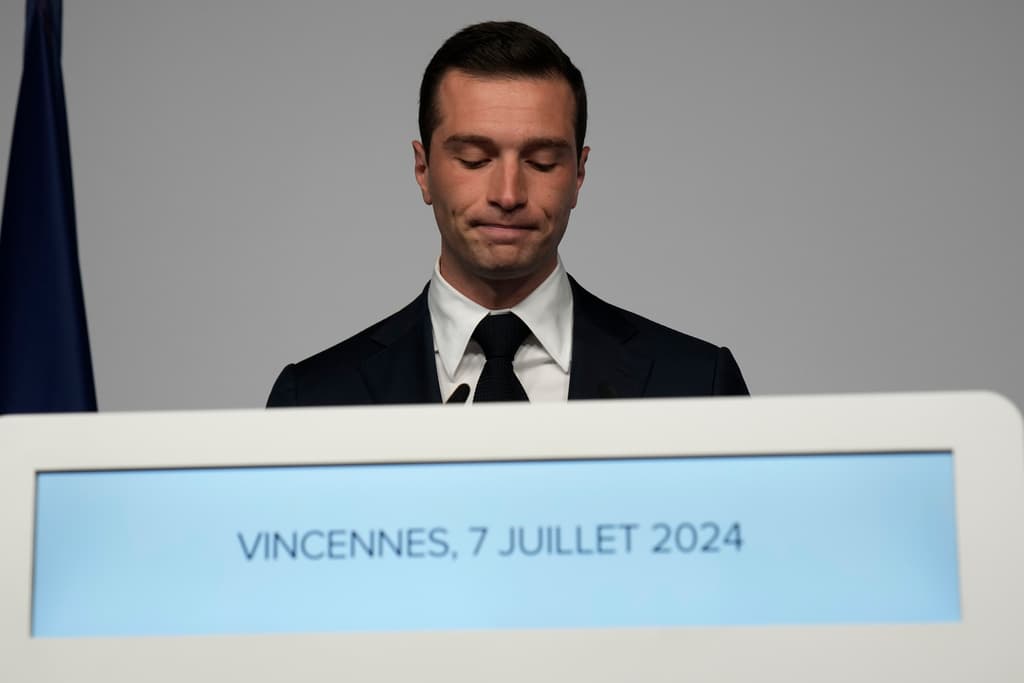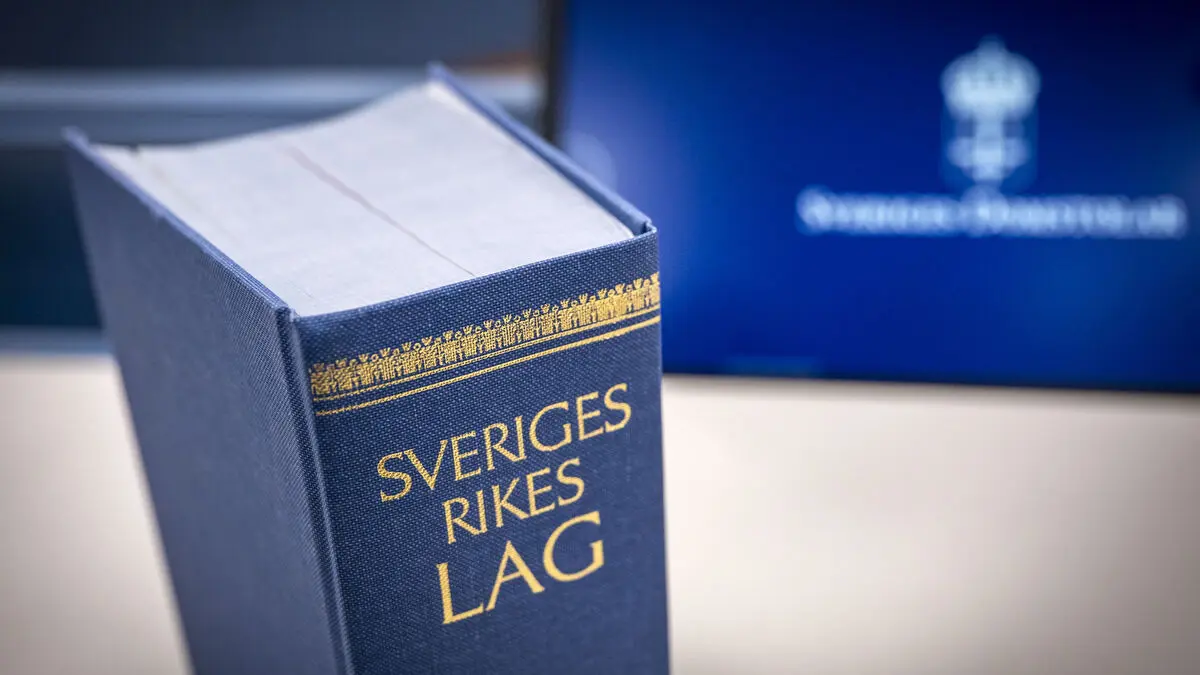The French election result appears to be going against expectations. Instead of the far-right party National Rally becoming the largest, the left seems to be doing best.
It's a defeat for National Rally, which had talked about getting its own majority, says political scientist Marie Demker about the result, which paves the way for a difficult parliamentary situation.
According to exit polls presented after the polling stations closed in France, the left-wing alliance New People's Front (NFP) appears to be becoming the largest. President Emmanuel Macron's center alliance Ensemble is expected to come in second and National Rally (RN) third.
If the preliminary election result holds, it means that there will be three poles in parliament, making it difficult to say which political issues will become important in the future.
I think there will be a tug-of-war between the more radical left and the center to find a prime ministerial candidate, says Marie Demker, professor of political science at the University of Gothenburg.
Focus on RN
In the run-up to the election, there has been a lot of focus on RN. It's not new for the far-right to be in the spotlight ahead of French elections, but so far, the influence of this type of party on direct politics has been limited.
They are heard and seen and are very radical, but sometimes it's maybe so that they are talked about more because they deviate from the norm, says Marie Demker.
But when it comes to the ballot boxes, it's a minority of the French who want to see them in power.
Highest Voter Turnout
The parties in Ensemble and NFP have united in their opposition to RN.
According to the forecasts, voter turnout is expected to land at around 67 percent, which is higher compared to previous elections.
If this holds, it's a very strong mobilization that voters have actually taken this election seriously, despite it coming abruptly, and gone and voted. And it should be interpreted as support for the democratic system.






